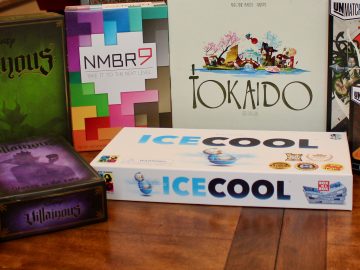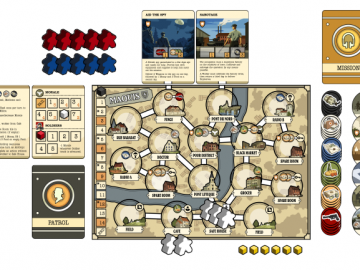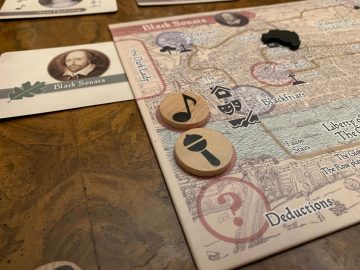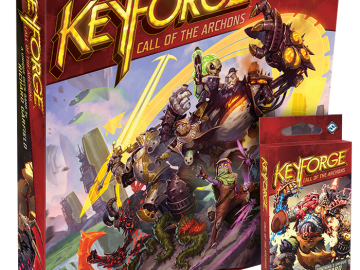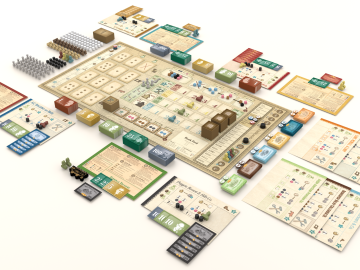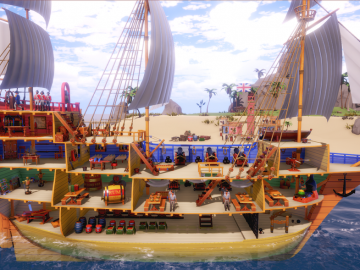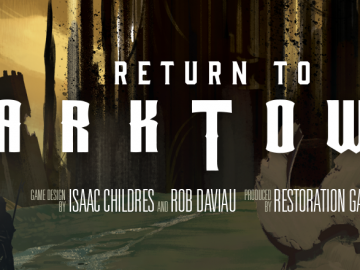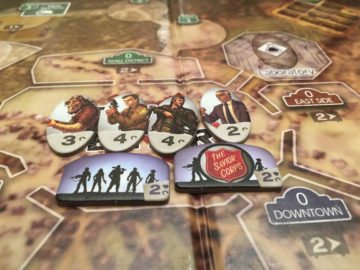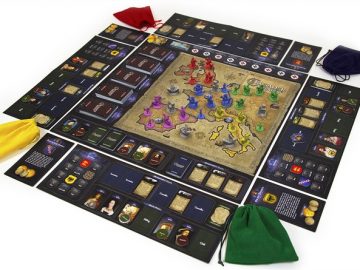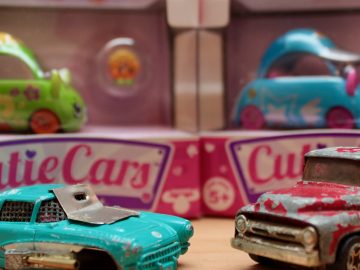
Quarantine Cycle: Tabletop Games You Can Make at Home
Games to buy to play with an elementary schooler are all well and good, but there are games which require no trip to the store and are cheap or free to play or create at home. Even better, many of these involve substantial creativity or crafting, which can occupy many hours and may have minimal supervision requirements. Nessos (3-6 players)–there’s a wonderfully-illustrated version of this game produced by IELLO, but it’s perfectly playable with a standard deck of cards. You can check out the full rules here, but the game distills the thrill of bluffing in poker into a quick, simple game which needs no money to fascinate. If you’re interested in other quality games playable with a standard deck, I recommend Shut Up and Sit Down’s series Card Games That Don’t Suck. It’s not targeted specifically at families, so keep your children’s needs in mind (Bourré, for example, would be catastrophically stressful for my kids), but no one communicates the distinctive joy various games offer than those fellows. Gaslands (2-5 players)–small, frighteningly delicate plastic figures you build and paint to take part in massive tabletop battles are one of the greatest money pits in gaming, often involving a multi-year commitment to the craft and thousands of dollars. Gaslands replaces all of that with Mad Max-style vehicular combat and racing using whatever Matchbox cars you have ready to hand. You can download the rules from Amazon, as a Kindle book, or directly from Osprey Publishing’s website, print out the movement templates and paste them onto cardboard from a cereal box, and be playing tonight. Cars which have suffered under the not-so-tender attentions of aggressive toddlers look thematically appropriate in a post-apocalyptic race–indeed, you might find your children quite excited to customize their cars further, sandpapering off some of that lovely finish, adding some plausible dents, or even gluing on weapons. Dressing up the table can be a crafty enterprise of as much complexity as you like. Feel like racing around a LEGO Apocalypseburg? Dungeons and Dragons (2-9 players)–the basic rules to the grandfather of tabletop roleplaying, now in its fifth edition, are available for free from Wizards of the Coast’s website. Their digital tools are comprehensive and easy to use, so, if your family loves their introduction to chaotic good gnomish paladins and bugbears, the options for expanding your experience even without new physical stuff are plentiful (and can get pricey). But, while D&D is a great way to set your children up for a hobby which will connect them to a huge player base in the future (and older children might be able to use one of these options listed by Polygon to set up a game with friends), it may not be the best choice for a first time player. DriveThruRPG offers a daunting bounty of family-friendly options available for instant download–you might check out My Little Pony: Tails of Equestria. It’s a streamlined system with a bit more focus on teamwork and nonviolent resolution, but still set in a fantasy world of dragons and magic in which daring physical feats, cleverness, and combat are necessary. If that’s not your bag, other games let you play as stuffed animals, rabbits (anthropomorphic or natural), detectives (child or adult), or even just go fishing. Seriously. Sprawlopolis (1-2 players)–there are many board games you can download to print at home–here’s one list with quick reviews–but I’m fond of Button Shy Games’ inexpensive Sprawlopolis because it poses a highly variable spatial puzzle in fewer than 20 cards, and is playable solo. So it’s easy on the printer ink, and I keep hoping it’ll occupy one of my children for some long period, as it has me. And, some day, its extreme portability may be useful again! Make up your own! LEGO-based rulesets like Mobile Frame Zero and Quikwars sound great, but perhaps their greatest contribution is that they point the way toward the possibilities of designing your own games using things you already have. These could be as ambitious as full sets of rules and hand-crafted components, or re-uses of existing pieces with just minor rules tweaks (there’s a wide array of chess variants, for example). A promising option for budding game designers who aren’t quite ready to jump into a full game is to design new components for an existing one–I’m still working on my own ideas for an expansion to Unmatched featuring John Henry vs. Steam Drill. Given how well that’s going, I’m confident your kids can do better. UPDATE: I’ve been directed to PNP Arcade by the Shut Up and Sit Down folks. It looks like a tremendous resource for those interested in making games at home.

